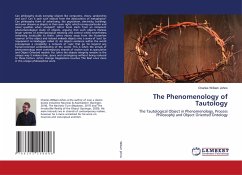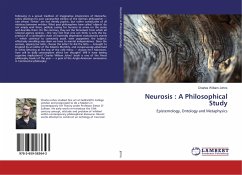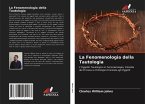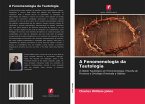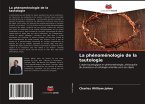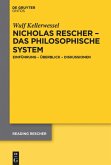Can philosophy study everyday objects like computers, shoes, sandwiches and cars? Can it save such objects from the abstractions of metaphysics? Can philosophy think of advertising, the population, electricity, buildings and even dreams as objects in their own right, which convey particular and novel qualities when analysed? Johns' book starts from an immanent phenomenological study of objects, arguing that such objects disclose larger systems of anthropological meaning and control whilst nevertheless remaining irreducible to them. Johns moves away from the Husserlian 'essence' of the object and instead embeds objects into a series of 'uses' (or 'equipment' as Heidegger called it). An objects existence within the world presupposes a complicity; a network of 'uses' that go far beyond any human-oriented understanding of the world. This is when the annals of phenomenology meet contemporary strands of realism such as speculative and Object Oriented models. For Johns the objects integrity remains in the unique way it indexes time, space and contingency without being reduced to these factors. Johns' strange Hegelianism touches 'The Real' once more in this unique philosophical work.
Bitte wählen Sie Ihr Anliegen aus.
Rechnungen
Retourenschein anfordern
Bestellstatus
Storno

